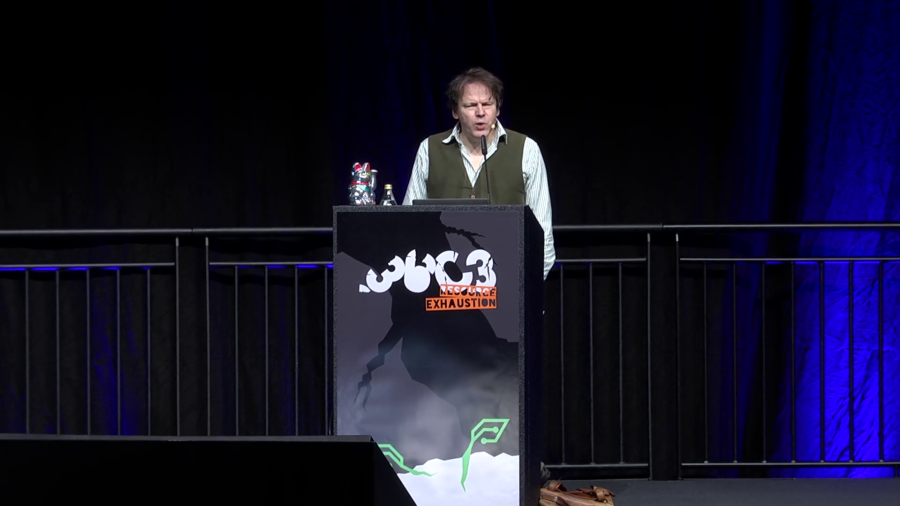I think we need to really think hard about what has been happening to social class relations. And the conclusion that I came to is that essentially the left is applying an outdated paradigm. You know, they’re still thinking in terms of bosses and workers and a kind of old-fashioned industrial sense. Where what’s really going on is that for most people the key class opposition is caregivers versus managers. And essentially, leftist parties are trying to represent both sides at the same time, but they’re really dominated by the latter.
Archive
We have even in the United States serious and growing water scarcity challenges. We have contamination problems with chemicals that we have not adequately regulated here in the United States. We have conflicts between states in the United States about who gets to use what water to do what. We have evidence that climate change is already influencing water demand, affecting water availability, changing extreme events. There are a whole suite of water-related problems, here, unrelated to these basic human need challenges that’re pressing in other parts of the world.
To me…we all draw our satisfaction from what we ourselves have been able to do with our lives. And if somebody, some government or someone else is just giving to me, I’m not going to be a happy person.
There are all of these wonderful laws that people have discovered and refined and proposed and proved over the years. And some of these laws can apply to the software projects and the teams and the communities that we work in every day.
I actually think you can trace many many of these big systemic crises to being symptoms of the flawed idea that economic growth can go on indefinitely, exponentially, on a finite planet. That’s sort of my North Star. And then as a finance person, why do we think we need economic growth? Well, because the way our capital system works is that capital demands that growth.
My thinking is how do we design systems that provide for every aspect of our humanity? How do we design a city that cares for all of our needs? You know it’s not just thinking about shelter, but it’s thinking about our food and our air and so, obviously the types of industry we have are very different, because we have to make sure that our air and our water is clean. And that our food is readily available, and that we have spaces for contemplation and reflection. And that we have places for communing with each other.
In the future, we have to change the way we look at consumption. That’s why I’m such a big proponent of the sharing economy. Because it’s not an issue of if it’s going to happen, it’s when it’s going to happen. And I’d rather people voluntarily adopt it now and start realizing the benefit of it now while we’re still in this kind of relative land of plenty, than be forced into it later when all of a sudden there’s not enough water to cover Phoenix anymore because it’s a huge city in the middle of a desert and they have to go on water rationing.

